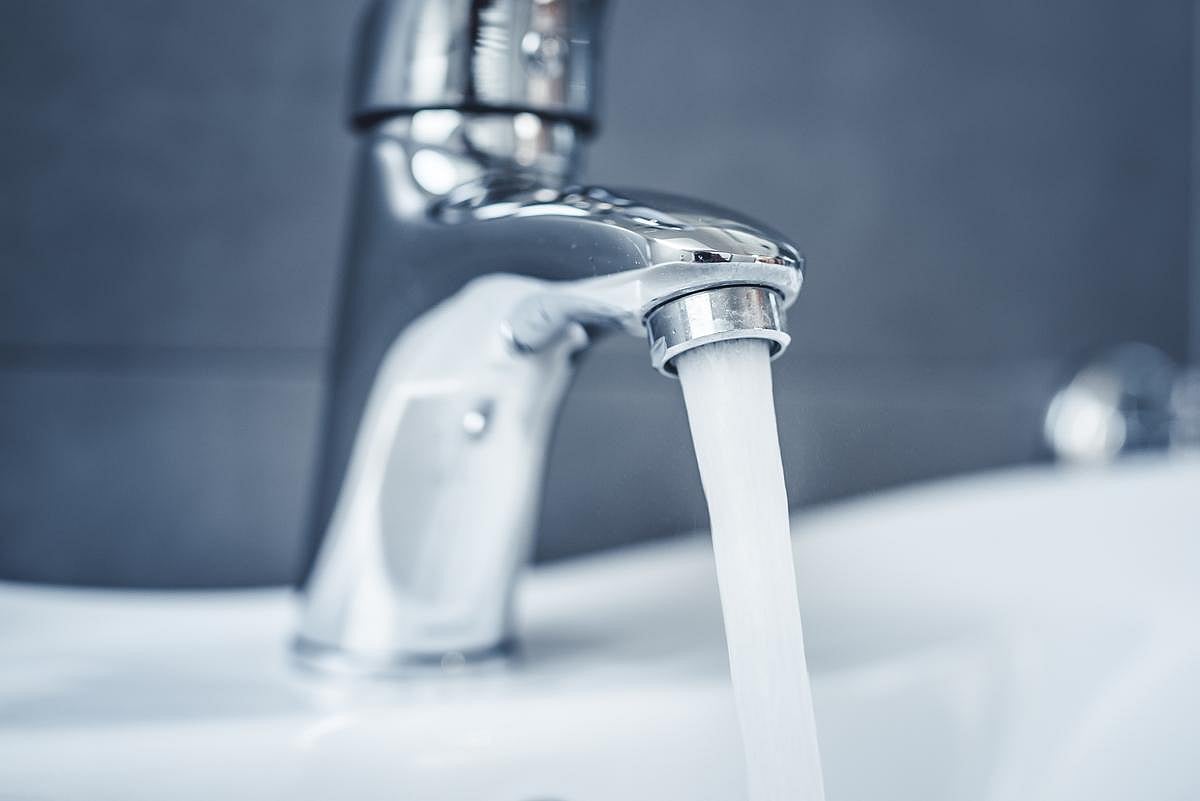Manténgase sano!

- Dennis Thompson
- Posted October 18, 2024
Global Study Finds PFAS 'Forever Chemicals' Common in Tap, Bottled Water
PFAS “forever chemicals” can be found in drinking water around the world, whether it comes from a tap or a bottle, a new study warns.
Ten specific PFAS chemicals were found in samples of bottled and tap water sourced from 15 countries around the world, researchers report.
For example, the chemicals PFOA and PFOS were detected in more than 99% of bottled water samples tested.
However, researchers also found that boiling water or running it through a carbon filter can substantially reduce PFAS levels in drinking water, lowering them from 50% to 90%.
“Our findings highlight the widespread presence of PFAS in drinking water and the effectiveness of simple treatment methods to reduce their levels,” said researcher Stuart Harrad, a professor of environmental chemistry with the University of Birmingham. “Either using a simple water filtration jug or boiling the water removes a substantial proportion of these substances.”
For the study, researchers tested 112 bottled water samples from shops and online stores in the U.K. and China.
The samples covered 87 brands, with water sources originating from 15 countries in Asia, Europe, North America and Oceania, researchers said.
Overall, PFAS chemicals were detected in 63% of bottled waters. There was no significant difference in PFAS levels between waters in glass or plastic containers, or between still and sparkling bottled waters, researchers said.
They also tested 41 tap water samples from the U.K. and China, and found that Chinese tap water tended to have higher PFAS concentrations than British water.
PFAS (perfluoroalkyl and polyfluoroalkyl substances) are a category of manufactured chemicals that have become an emerging concern to environmental and human health.
PFAS are called “forever chemicals” because they combine carbon and fluorine molecules, one of the strongest chemical bonds possible.
This makes PFAS removal and breakdown very difficult. PFAS compounds have been used in consumer products since the 1940s, including fire extinguishing foam, nonstick cookware and food wrappers, researchers said.
Some of the health concerns linked to PFAS include lowered immune response to vaccination, impaired liver function, decreased birth weight, and increased risk of some cancers, researchers noted.
“Increased awareness about the presence of PFAS in both tap and bottled water can lead to more informed choices by consumers, encouraging the use of water purification methods,” said researcher Yi Zheng, associate dean of environmental science and engineering with the Southern University of Science and Technology in China.
The new study was published Oct. 17 in the journal ACS ES&T Water.
More information
The U.S. Environmental Protection Agency has more about PFAS.
SOURCE: University of Birmingham, news release, Oct. 17, 2024





